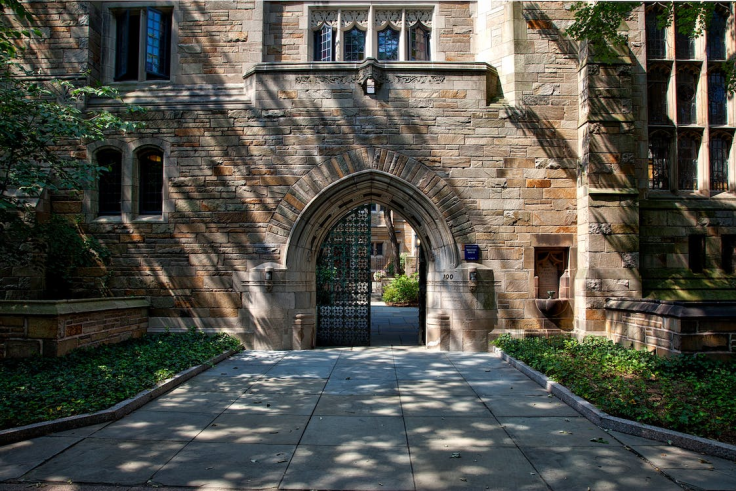Unprecedented Subpoena to Harvard Signals Heightened Scrutiny of Higher Education
ByIn a significant departure from precedent, the House education committee has taken the unprecedented step of issuing subpoenas to three Harvard University officials.
This marks the first time in its 157-year history that the committee has resorted to such measures, underscoring the gravity of the situation and signaling a potentially seismic shift in the relationship between Congress and higher education institutions.

The subpoenas were prompted by the committee's ongoing investigation into allegations of antisemitism at Harvard University. Against the backdrop of a notable uptick in antisemitic incidents on college campuses nationwide, Representative Virginia Foxx, chair of the education committee, has asserted the need for heightened oversight, particularly concerning elite universities like Harvard. This development has drawn scrutiny from experts in the field, who warn of the potential erosion of institutional autonomy and academic freedom in the face of increased congressional scrutiny.
READ ALSO : House Education Committee Deems Harvard's Response to Antisemitism Probe "Woefully Inadequate"
Jon Fansmith, senior vice president for government relations and national engagement at the American Council on Education, has expressed skepticism regarding the rationale behind the subpoenas. He questions whether the severity of the allegations warrants such drastic action and cautions against the precedent it may set for future engagements between Congress and higher education institutions. Moreover, he underscores the broader implications of the committee's actions, suggesting that Harvard's response-or lack thereof-could set a precedent for how other colleges and universities navigate similar challenges in the future.
Harvard's Response: Cooperation Amidst Dispute
In response to the subpoenas, Harvard University officials have pushed back, characterizing the committee's demands as unwarranted and defending the institution's efforts to comply with previous requests for information. While Harvard has already provided thousands of pages of documents to the committee, concerns persist regarding the completeness and adequacy of the university's response.
Despite assertions of cooperation, tensions between Harvard and the committee remain palpable. Committee leaders have criticized Harvard for what they perceive as a lack of transparency and cooperation, citing concerns over redacted documents and the perceived insufficiency of the university's disclosure. The subpoena, which demands additional documentation related to antisemitic incidents, disciplinary actions, and governance meeting minutes, has set a deadline for compliance by March 4.
Representative Foxx has emphasized the committee's commitment to combating antisemitism and ensuring a safe learning environment on college campuses. She has issued a stern warning against any delay or defiance of the investigation, signaling Congress's unwavering resolve to address hate speech and discrimination within the realm of higher education.
Broader Implications and Future Outlook
Outside the purview of the House education committee, subpoenas of institutions are exceedingly rare-a fact that underscores the gravity of the current situation. Jane Oates, a senior policy adviser at WorkingNation, has expressed concern over what she perceives as an overreach of congressional authority into the affairs of college campuses. She advocates for a comprehensive national strategy to address antisemitism and promote inclusivity in higher education, cautioning against the potential unintended consequences of heavy-handed congressional intervention.
Brendan Cantwell, a professor at Michigan State University, has highlighted the broader message conveyed by the committee's actions. He suggests that colleges and universities may now face heightened scrutiny and punitive measures for perceived missteps, signaling a paradigm shift in the dynamics of higher education oversight. As colleges grapple with the implications of increased congressional scrutiny, the outcome of this dispute will undoubtedly shape the future trajectory of higher education governance in the United States.
© 2026 University Herald, All rights reserved. Do not reproduce without permission.








